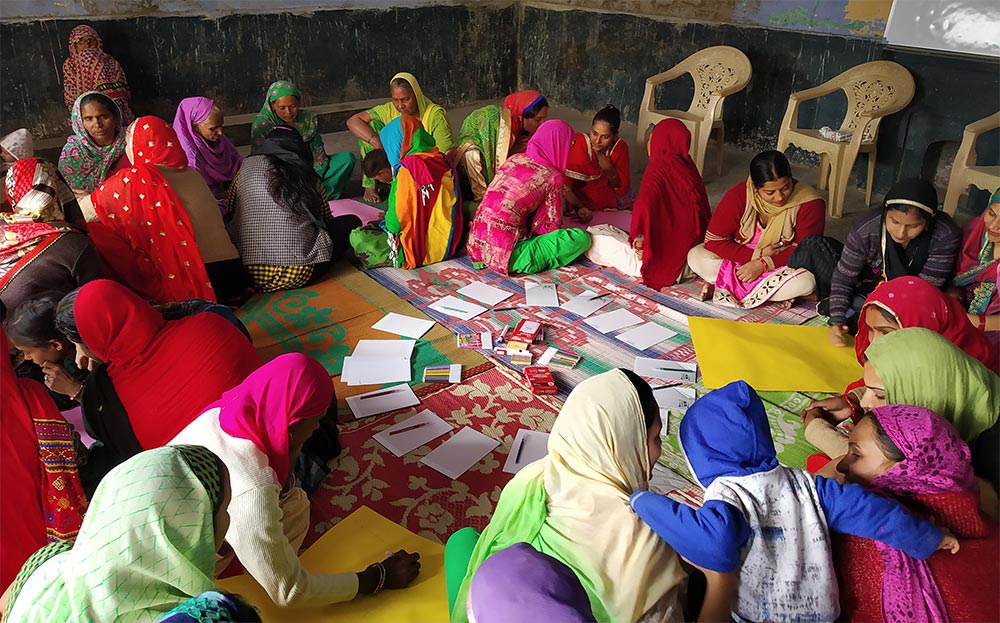
The project was Financial Literacy Training. The participants, 42 women living in a remote village in India. The common mindset – and moreover my own assumptions about the participants – is a typical orthodox mindset to be non-progressive, non-communicative and less willing to be part of change in the society.
Before the training, I notice myself wondering: “Do these women really not want to be part of changing world, don’t they have willingness to mark their own identity in world or we the people who got chance to know the real change have left them alone and not helped them to be part of changing world because of our own pre-defined mindset and filters for these people especially women of typical villages? How can we help them to mark their own presence in male-dominated society?”
A Typical Training
This recent training experience was with SHG (Self Help Group) in Chandu Village, Gurgaon, India. The workshop was intended to be 4 hours long and delivered to around 42 women, ages 25-60, from the Self Help Group. All the women in this group are married and most came to this training with their toddlers accompanying them. The village is so far from Gurgaon main city that it is totally dependent on Farming and Agriculture. At the beginning of the training, it is clear that the women feel they are only willing to give 30 minutes for this Financial Literacy training. Along with my co-facilitator Abha Tripathi, I am confused about how we can deliver the whole training in such a little time.
All of this seems like a typical training. But it wasn’t. To begin, we did the only thing we knew to do. We started the complete training, beginning with our Whole Person Process Facilitated container, and intending to lead this program in Genuine Contact way.
We began the training with all the participants sitting in a circle and for the Transfer In question asked: “What 2 things you have done in your life and what 2 things you want to do after this training”. We placed a speaking object in the middle of the circle and invited anyone who wanted to share their reflections with the group. Initially, no one was willing to share their thoughts and we quietly waited. After a few moments, a first woman spoke up and then 7-8 more women shared their thoughts. and gave very good inputs like
- Mai Aurto Ke Haq Ke Liye Ladna Chahti Hu(I want to fight for women justice)
- I want to open my own work to help my family”
- “Mai Ma’am Ki Tarah Sabko Sikhana Chahti Hu (I want to teach everyone like ma’am)
- The whole transfer-in puts positive energy into them and they became fully present in the training.
Then we invited the women to share their hopes and fears. In teams of 5-6 people, they began to share. Very few women knew how to write their thoughts but with our help, they wrote their hopes and fear and pasted the chart paper on the wall. Suddenly someone noticed how colorful is our life is when we share our thoughts. Even the wall is looking very colorful. They all have shared their hopes and fears in the group and given great insight.
Next began the content of the Financial Literacy Training. We observed these women, who at the beginning were are hardly willing to give 30 minutes of their time, stayed and participated in the whole training for around 4 hours.
In the closing circle, the women were already asking “when will we get the next training?” They asked “can this training be permanent. Can someone be there at our school or somewhere where we can take regular training like this?”
As a facilitator, I feel honored, privileged and motivated to get such reactions from what started as a typical orthodox mindset of women. I believe this is all possible due to the power of working with the Genuine Contact approach, which helped me to invite these women to be fully present in the training and also for me to get rid of all of my own filters and judgments.
Be Inspired By What Happened Next
To continue expanding this training, and based on the need of these women, we offered similar classes in other nearby villages. We added Entrepreneurship as a topic in our session design to help these women to start their own small business and to be self-employed. We have trained around 160 women from 6 villages.
In recent conversations, we learned that these women have started saving money and are planning to start a small cookies factory. They have already started the process for it. I don’t know whether this is the effect of training or the zeal of these women to achieve progress for themselves – perhaps it is a little of both. As a facilitator I am more than happy and promised myself to help all of them in any moment of time or in any requirement to achieve their goal.
The Genuine Contact Methodology at Work
From this whole process, I have experienced, delivered and gained unique experience in working with the Genuine Contact methodology. As I reflect on this project, it helped me in different aspects:
- The significance of identifying Filters: It is very much important to identify own filters and once you identified work on it and make your filters your strongest point.
- To be wholly present: As a facilitator, we need to be wholly present ourselves and helped trainees to be present wholly and I believe the Transfer-In activity plays a vital role in this.
- Stick to Core Values: We always need to stick to our core values of training and not to be bothered by the outcome of the training.
I have noticed how sitting in a circle helps the flow of energy of the whole training and helped everyone to share their valuable thoughts. The Genuine Contact Methodology is not only the tools to give Organizational or Individual training but it is a power source of Individuals learning and thought process also.



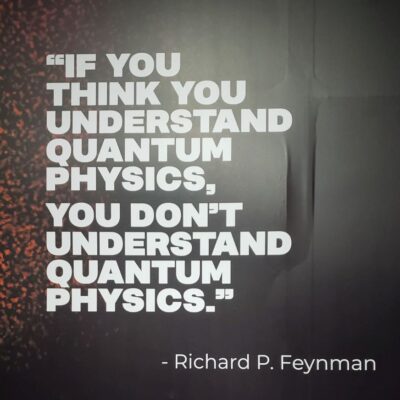


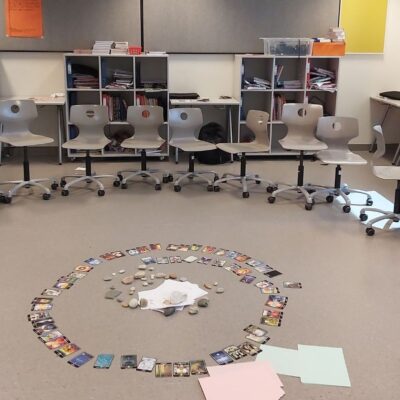
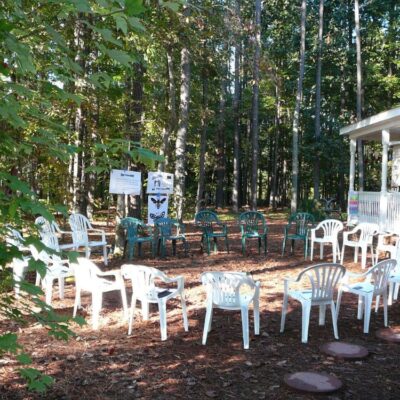
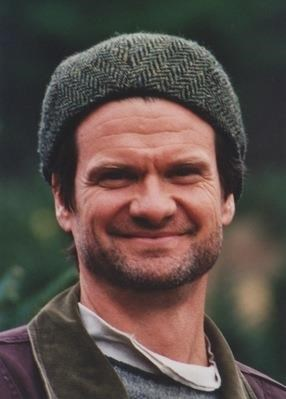

Thomas Herrmann
Dear Monaz Khan, thanks for sharing this powerful story. Powerful in many ways, your thorough preparations, the power of the Genuine Contact program and the powerful women in the villages in the area. Wow, this blew me almost off my chair.
I am happy to be your collegue over here in Sweden where the tools and methods are just as powerful.
All the best
Nancy Wells
I am so inspired by this story. Thank you so much. I such great memories of my travels through India.
Blessings from Canada
Nancy